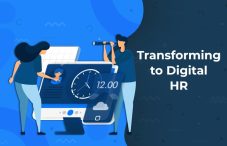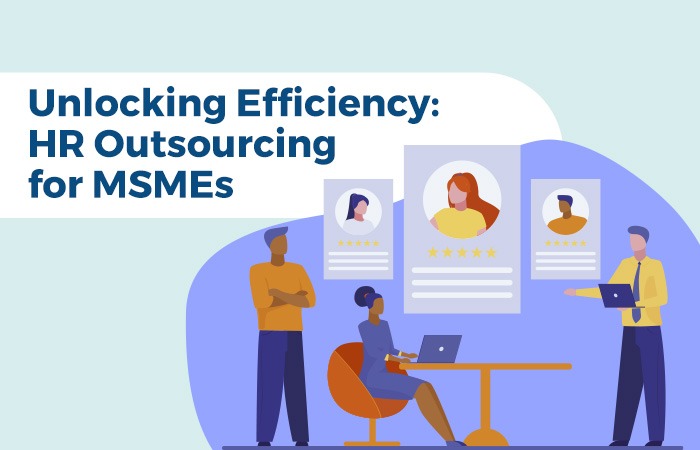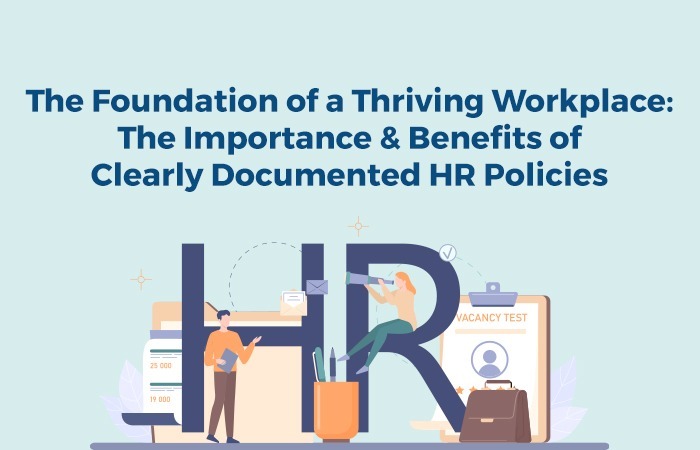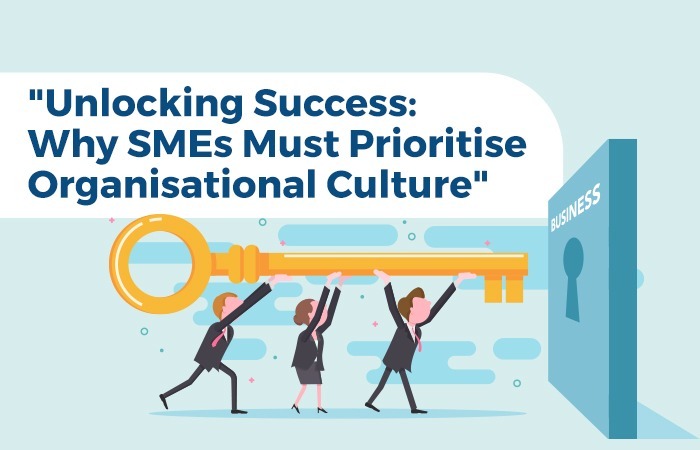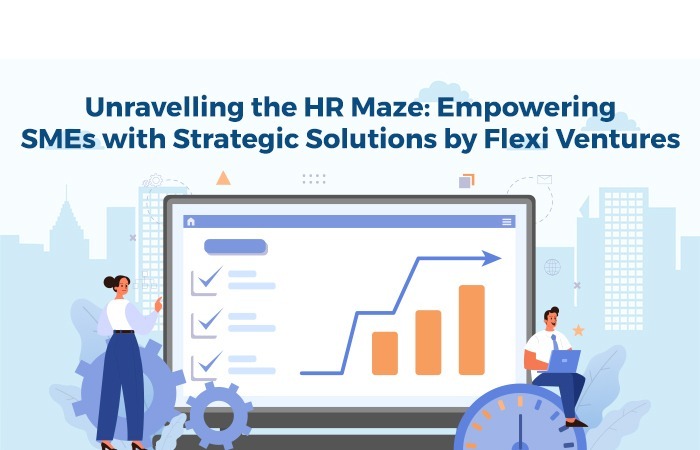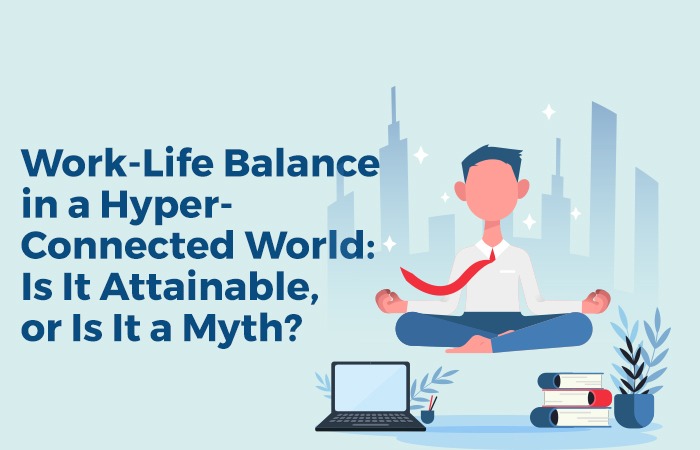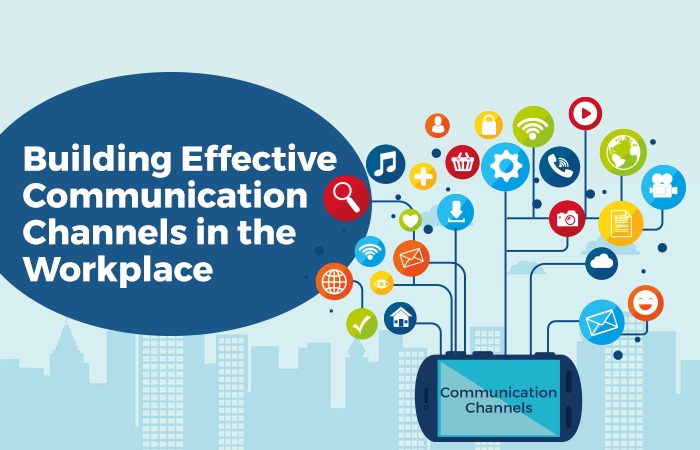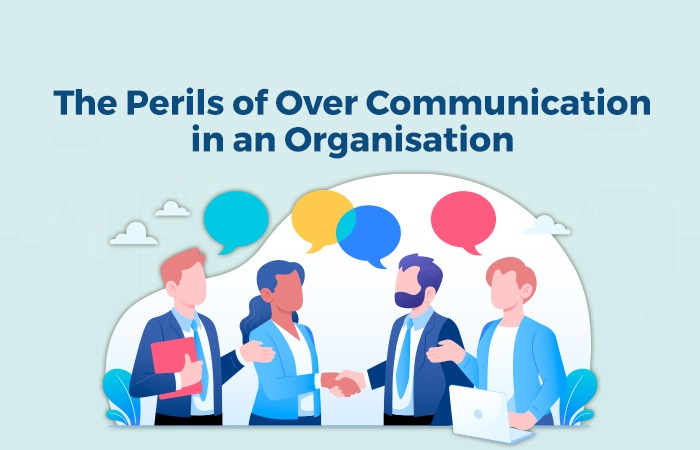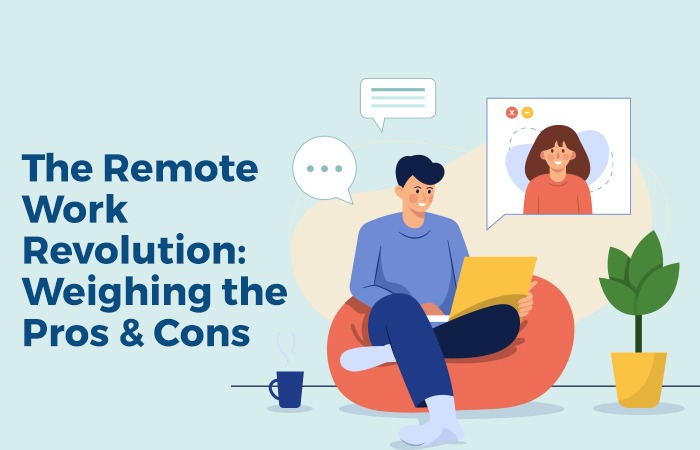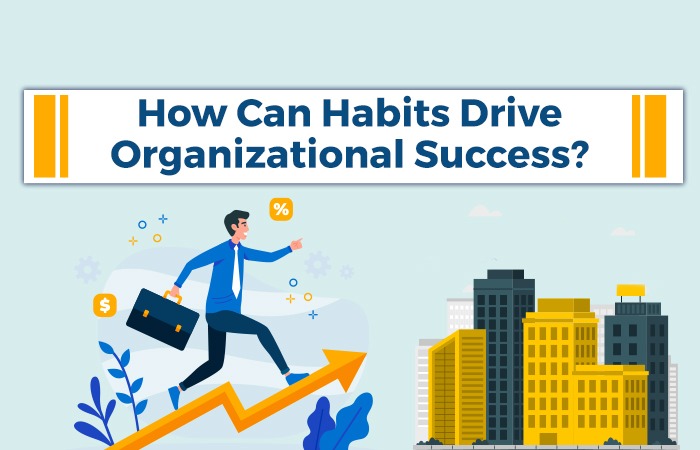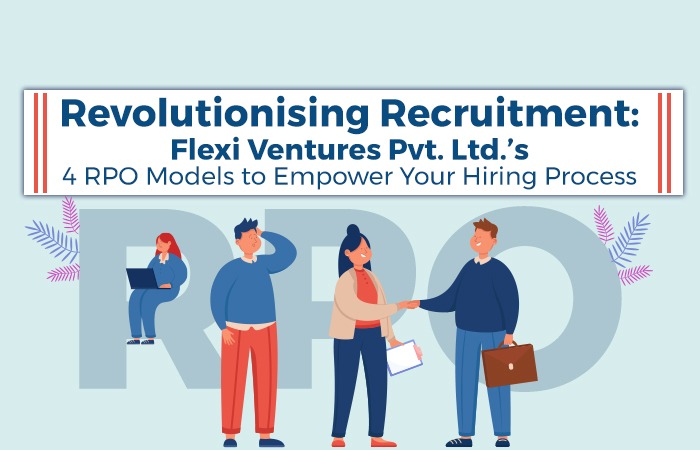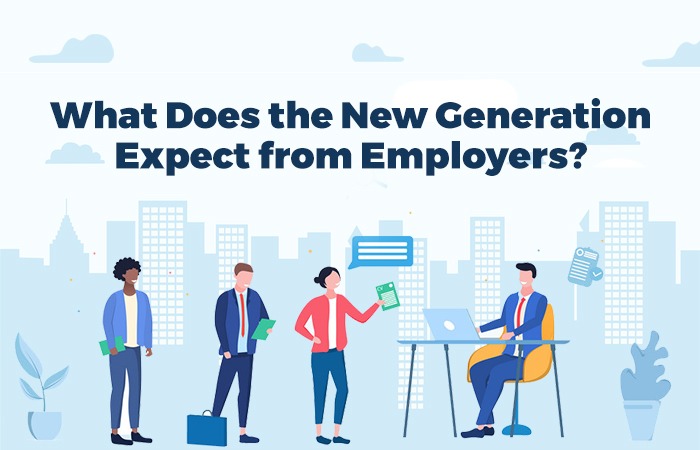Last few decades, the Digital transformation revolution has not left a single domain untouched in our lives and arguably, with better implications as we move forward with hurricane speed towards digitizing every aspect of our lives. The HR world is not alien to this change and is undergoing rapid and intense change, and in response has been at the forefront in adopting the practices of the digital transformations from its early days. In line with the trends, as expected, digital transformation is the most searchable topic in the HR world. But with modern organizations looking to pro-act and react at lightning speed to unforeseen circumstances and changing landscape of the human interactions in the organization, the HR domain is now being pushed to take larger steps and a larger role in helping organizations become digital and lead from the front in this new phase of transformation.
In the past five years or so, the HR department has seen a rapid evolution from a support function that delivers employee service. Hr is now being looked upon to help lead the digital transformation across the board. As companies have rushed to replace legacy talent systems with integrated HR platforms. Now companies are focusing on reskilling HR professionals, integrating the organization, and implementing analytics. As digital management practices and agile organizations become central to business, HR departments focus on people, work, and platforms. We call the resulting set of HR practices the “ Digital HR”
Digital HR is only possible to be built upon years of effort. Today, HR’s focus has shifted toward building the organization of the future. Companies are hiring young, digitally savvy workers who are comfortable doing things themselves and sharing information transparently. They want an integrated, digital experience at work—one designed around teams, productivity, and empowerment — and unassumingly HR organizations are expected to deliver it.
The “Why” of Digital HR
As a rule of thumb, any HR transformation, whether it is a digital one or not, has to take place with a clear aim in mind. It has to make business sense.
Firstly, the most important question to ponder over is, “will HR transformation benefit the user to save time, money, material etc?” If the answer is yes, then the organization and its employees must favor the digital HR transformation.
Most of the companies seem to go digital and it gives competitors peer pressure to go digital as well. But digitizing certain HR processes just for the sake of it is never a good idea. It leads to implementing (expensive or excessive) technology that doesn’t meet the actual needs of the business. This totally defies the purpose of a transformation.
The stages of HR transformation
The process of digital transformation involves various stages of a digital HR transformation as well. Because an organization doesn’t go from being barely digital to being fully digital overnight. These kinds of changes–true transformations actually–take time.
- Business as usual–This one is pretty self-explanatory and gives a sense of status quo with organization.
- Present and active–Various experiments throughout the organization drive digital literacy & creativity.
- Formalized–This is where business relevance comes in. If it’s not relevant to the business, leadership shouldn’t support it–although that’s not always the case, unfortunately.
- Strategic–Individuals realize the power of collaboration. Their shared efforts and insights lead to new strategic roadmaps.
- Converged–This is where a dedicated digital transformation team is formed to guide the company’s strategy and operations.
- Innovative and adaptive– Digital transformation has become the new ‘business as usual’ and a new ecosystem is established.
How to get started with HR digital transformation
While all the transformation talks sound good in theory, it can seem pretty daunting when it comes to making that first step towards an HR digital transformation. So here are a few ingredients for a successful start:
- Establish a clear goal
- Get everyone on board
- Don’t overcomplicate things
- Prioritize ideas
- Assess performance
- Culture is important
In a world that’s digitizing at a fast pace, with consumers and-employees that have adapted their lives to be increasingly digital, HR and employers simply can’t stay behind. The digitally transferred HR organization benefits fair, reasonable and non-discriminatory (frand) employees time to pull reports, easier access to business intelligence and improved employee engagement as well as satisfaction.

